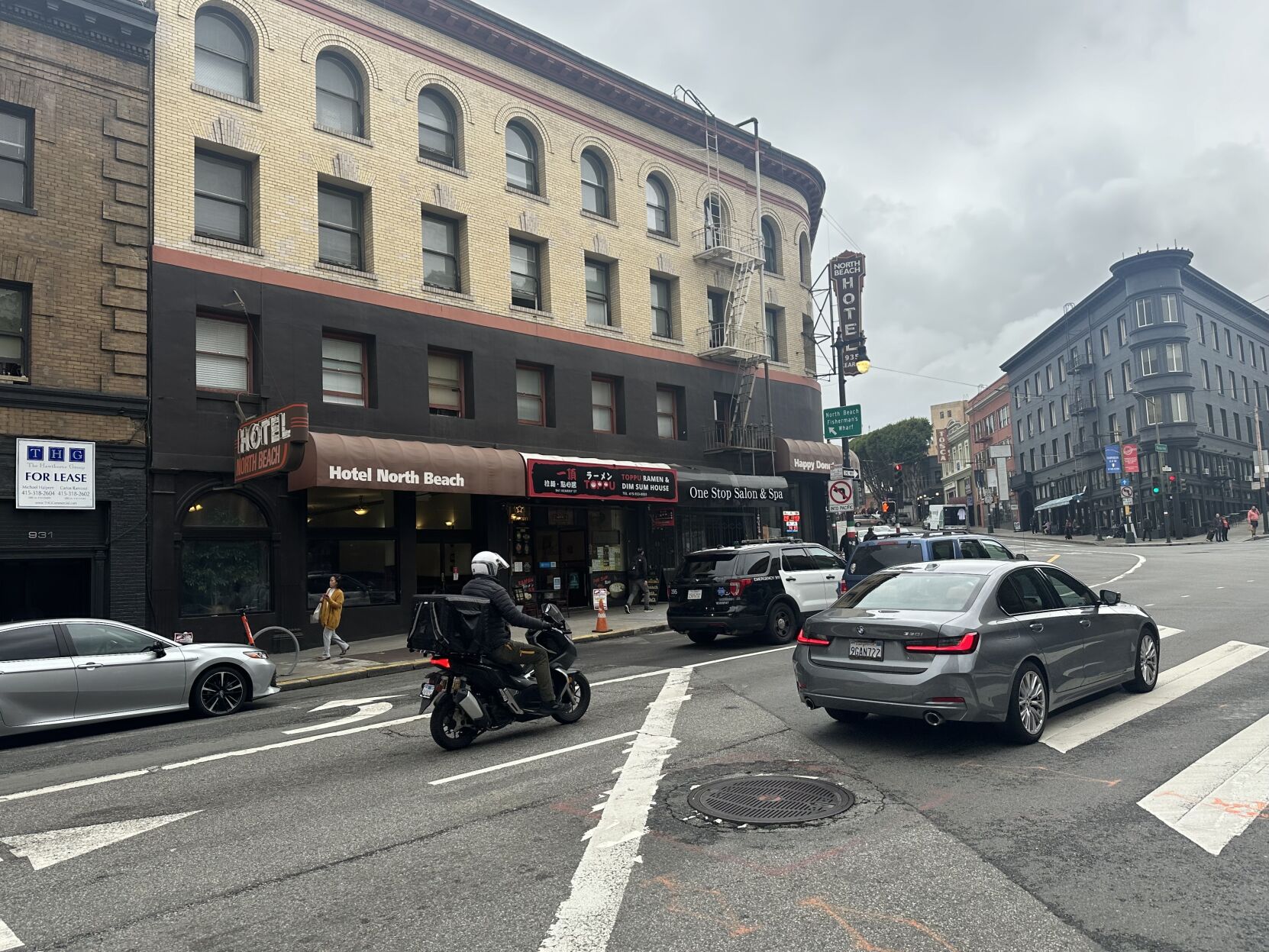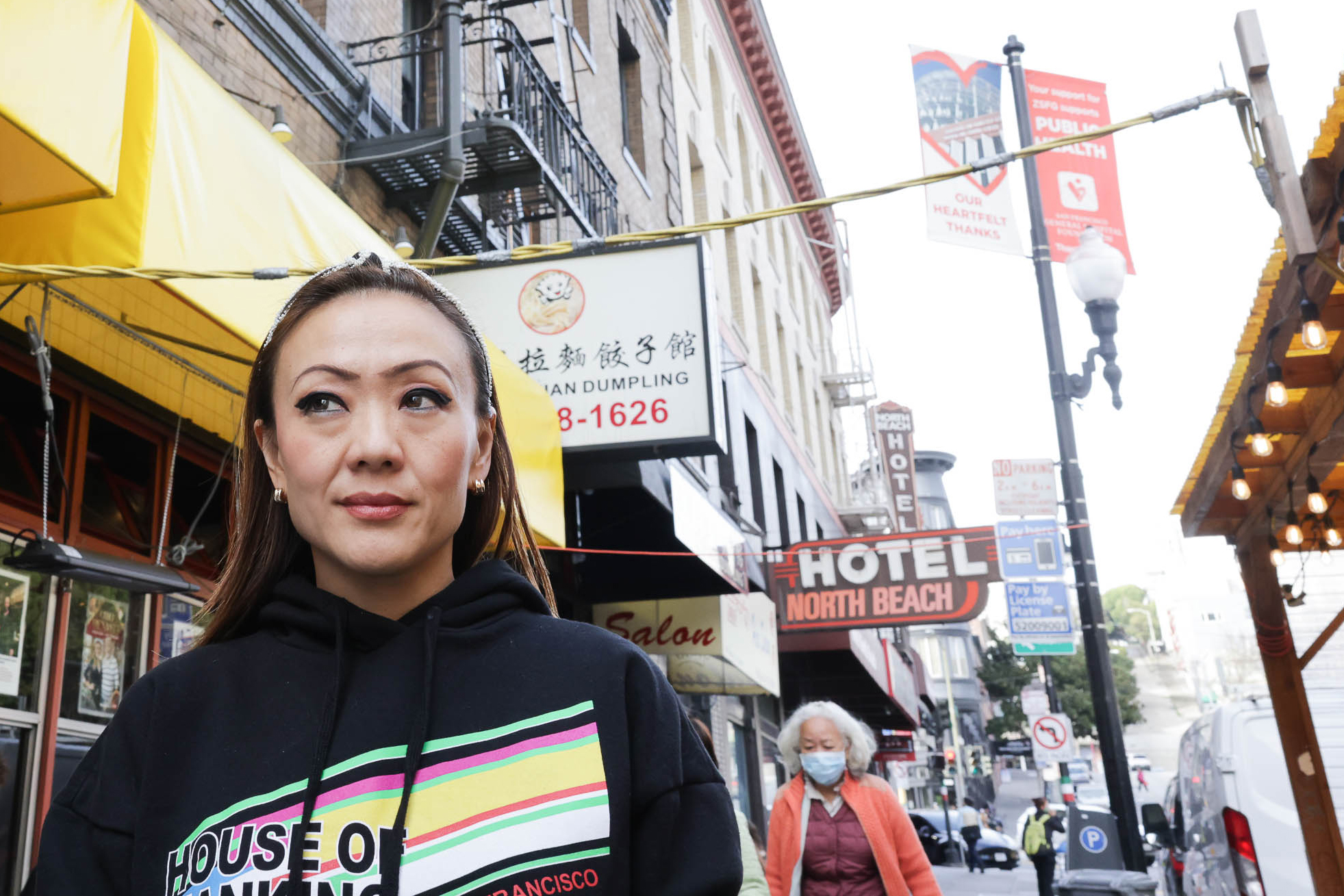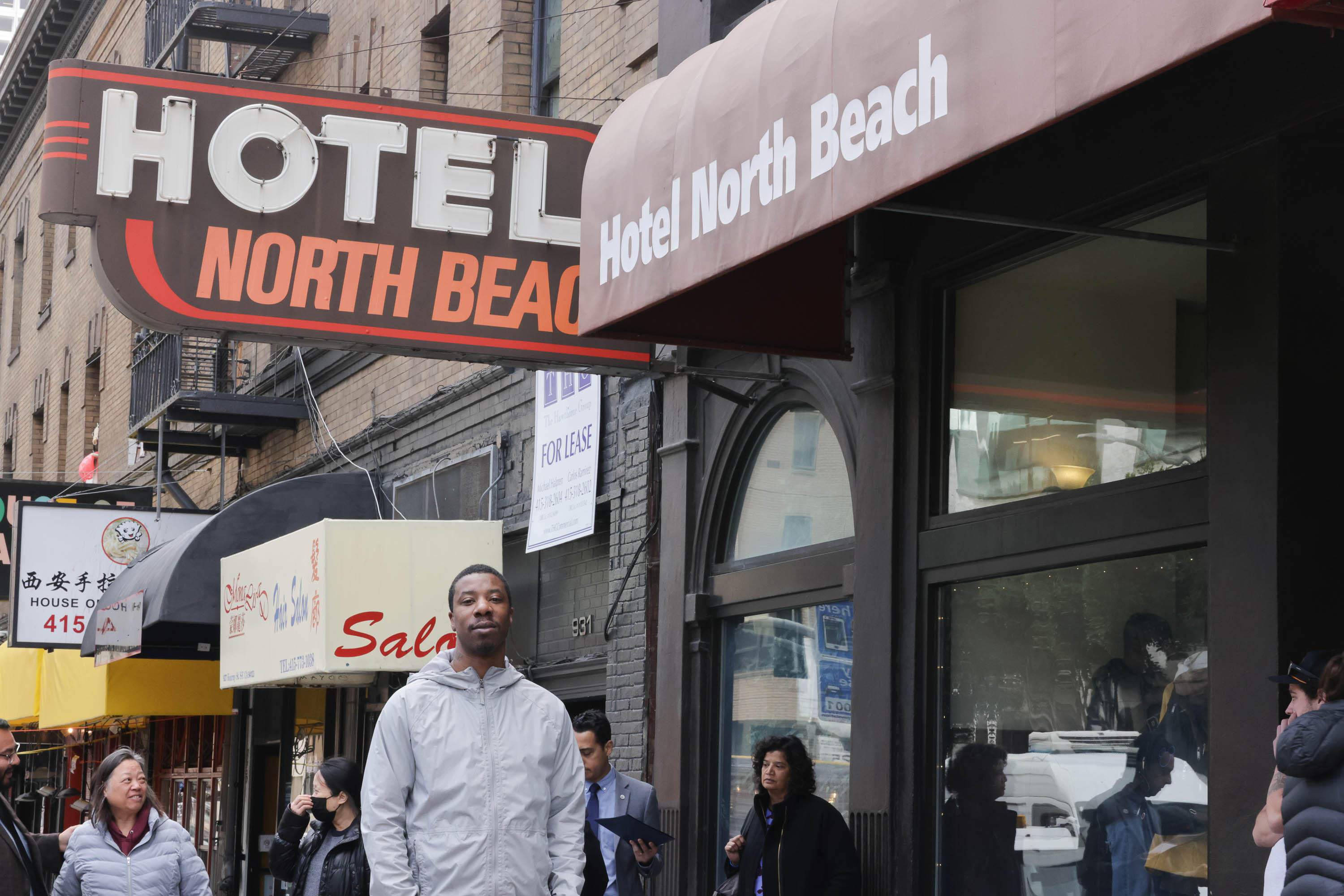Chinatown North Beach, a vibrant neighborhood in San Francisco, is known for its rich cultural history and diversity. This bustling area is home to a plethora of restaurants, shops, and community centers, but also has a pressing need for comprehensive mental health resources. This article delves into the mental health landscape of Chinatown North Beach, exploring available services, the impact of cultural factors, and the importance of addressing mental health needs in the community.
The Unique Mental Health Landscape in Chinatown North Beach
Chinatown North Beach serves a diverse population, with many residents facing challenges related to mental health. Factors such as cultural stigma, language barriers, and economic constraints can complicate access to necessary services.
Cultural Influences on Mental Health
Culture significantly impacts how mental health is perceived and addressed. In many Asian communities, mental health issues may be viewed as a personal failing rather than a medical condition. This cultural stigma can prevent individuals from seeking help.

Language Barriers and Communication
Language can be a significant barrier, affecting the ability of community members to access mental health resources. Many residents may prefer services in their native languages, and without bilingual professionals, critical care may be missed.

Economic Constraints
Residents of Chinatown North Beach often face economic hardships, which can lead to stress and mental health issues. Limited financial resources may prevent individuals from accessing traditional therapy or medication.

Mental Health Services Available in Chinatown North Beach
Community-Based Organizations

Several organizations provide mental health services tailored to the needs of the Chinatown North Beach community. Here are some of the most notable:
- API Wellness Center: Focuses on mental health and wellness for Asian Pacific Islanders. They offer counseling and support groups.
- Chinese Hospital: Provides comprehensive mental health services including psychiatric care.
- San Francisco Mental Health Association: Offers a variety of mental health programs available in multiple languages.

Therapeutic Methods and Approaches
Different therapeutic methods can be utilized based on individual needs. Here’s a brief overview:

| Therapeutic Method | Pros | Cons |
|---|---|---|
| Cognitive Behavioral Therapy (CBT) | Effective for various mental health issues, structured approach. | May require multiple sessions for significant change. |
| Mindfulness Meditation | Accessible, can be practiced anywhere, reduces stress. | May not address deeper psychological issues. |
| Group Therapy | Provides community support, shared experiences. | Not suitable for individuals needing private discussions. |
Online Mental Health Platforms and Technology

Teletherapy Options
Teletherapy has become a crucial resource for mental health support, especially in areas with limited access to services.

Popular Teletherapy Platforms
| Platform | Features | Cost |
|---|---|---|
| BetterHelp | Wide array of therapist options, flexible schedule. | $60-$90 per week. |
| Talkspace | Text, audio, and video messaging options. | $65-$99 per week. |
| Headspace | Focus on meditation and mindfulness. | $12.99 per month. |

Mobile Apps for Mental Health
Mobile applications are an increasingly popular way to support mental health, offering tools for meditation, journaling, and therapy.
- Calm: Offers guided meditations and sleep stories.
- Insight Timer: Provides free meditations and a community for support.
- Moodfit: Helps track mood and mental health progress.
Coping Strategies and Tips for the Community
Self-Care Practices
Encouraging self-care can significantly enhance mental well-being. Here are some effective self-care strategies:
- Engage in regular physical activity, such as tai chi or walking in the park.
- Practice mindfulness techniques like deep breathing and meditation.
- Connect with cultural practices, such as traditional celebrations or community events.
Building a Support Network
Having a support network is essential for mental health. Here are ways to build one:
- Participate in community organizations and events.
- Reach out to friends or family members for support.
- Engage with online communities focused on mental health.
Pros and Cons of Different Mental Health Approaches
| Approach | Pros | Cons |
|---|---|---|
| Traditional Therapy | Personalized care, direct therapist interaction. | May not be easily accessible for all. |
| Community Workshops | Accessible, fosters community connection. | May lack personalized attention. |
| Online Counseling | Convenient, often more affordable. | Less personal connection, technology dependent. |
Conclusion
Mental health resources in Chinatown North Beach are critical for supporting the well-being of its residents. By understanding the unique cultural challenges and available services, community members can access the support they need to lead healthier lives. Whether through traditional therapy, community organizations, or online platforms, there are numerous options available to help tackle mental health challenges within this vibrant community.
FAQs about Mental Health in Chinatown North Beach
What mental health services are available in Chinatown North Beach?
Several organizations offer mental health services, including API Wellness Center, Chinese Hospital, and the San Francisco Mental Health Association.
How can cultural factors impact mental health in this community?
Cultural stigma and language barriers can significantly affect how individuals perceive and seek mental health care, often leading to underutilization of available resources.
Are there online resources for mental health support?
Yes, platforms like BetterHelp, Talkspace, and various mental health apps provide online therapy and resources to residents in Chinatown North Beach.
What self-care strategies can support mental health?
Engaging in physical activity, practicing mindfulness, and connecting with community events are all effective self-care strategies.
What are the pros and cons of teletherapy?
Teletherapy offers convenience and affordability, but it may lack personal connection and depend on technology.
Citations: